Megan E Grossman

April 13, 2018 | The Legal Intelligencer
Hybrid Medical Devices Granted Express Pre-emption by Third CircuitOn March 1, the U.S. Court of Appeals for the Third Circuit addressed an issue of first impression: how courts should apply an express pre-emption provision to state law tort claims challenging the design and manufacture of a hybrid medical device, defined as a medical device comprised of differently classified components.
By Megan E. Grossman and Asher A. Block
6 minute read
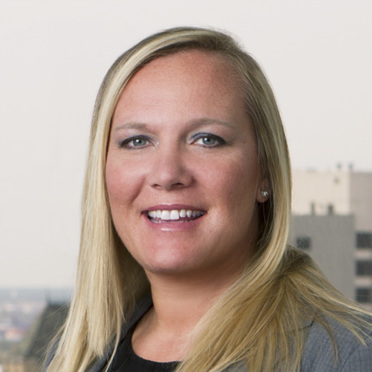
February 09, 2018 | The Legal Intelligencer
Under New DOJ Policy, FDA Guidance Documents Cannot be Used to Prosecute CasesOn Jan. 25, the associate attorney general of the United States issued a policy that prohibits the Department of Justice (DOJ) civil litigators from using guidance documents to establish violations of law in civil enforcement actions.
By Megan E. Grossman
6 minute read
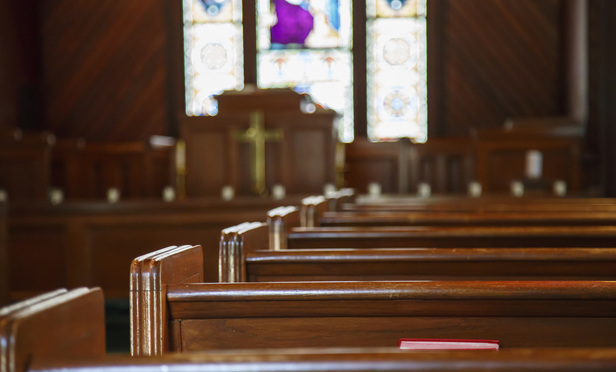
April 16, 2016 | The Legal Intelligencer
ADA Exception for Religious Schools and Defamation Against ParentsA recent decision in the U.S. District Court for the District of New Jersey analyzes the religious organizations exception under the Americans with Disabilities Act (ADA), 42 U.S.C. Section 12182, as it applies to private schools and also evaluates whether a school has any claims against a parent for defamation. In Sky R. v. Haddonfield Friends School, U.S.D.C., N.J., Civil Action No. 14-5730, U.S. District Judge Joseph H. Rodriguez of the District of New Jersey provides a thorough analysis of both concepts and shows that the court can giveth and taketh away.
By Megan E. Grossman
11 minute read

January 29, 2016 | The Legal Intelligencer
Recent Pa. Decision Analyzes Fee-Shifting Under the IDEAA recent decision in the U.S. District Court for the Eastern District of Pennsylvania thoroughly discusses the fee-shifting mechanism set forth in the Individuals with Disabilities Education Act (IDEA), wherein the prevailing party is entitled to recover reasonable attorney fees and costs, 20 U.S.C. Section 1415(i)(3)(B). In I.W. v. School District of Philadelphia (E.D.Pa., Jan. 13, 2016), U.S. Magistrate Judge Lynne A. Sitarski of the Eastern District of Pennsylvania provides a full analysis of when fee-shifting should occur and what fees should apply while rendering a decision relating to plaintiffs' motion for attorney fees and costs. The memorandum opinion is instructive to both attorneys for parents/students and school districts alike.
By Megan E. Grossman
6 minute read
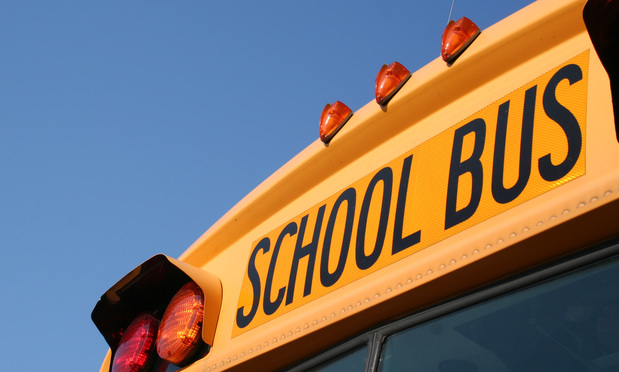
October 19, 2015 | The Legal Intelligencer
Lights, Camera, Education: Recording the IEP Team MeetingMemorializing events has become easy, particularly with the advent of smartphones that incorporate cameras, video cameras and voice recorders. Parents often want to record significant events in their child's school life: starring in the school play on opening night, scoring a goal during a championship soccer match or participating in the annual spelling bee. But when it comes to meetings between parents and teachers or school administrators, particularly in the context of an individualized education program (IEP) team meeting, are recordings permitted? The answer to this question in Pennsylvania schools is: It depends.
By Megan E. Grossman and Kim N. Nguyen
6 minute read

August 13, 2015 | The Legal Intelligencer
Social Media Policies for Employees in the Educational SettingSocial media can be used for many different purposes: to communicate, to inform, to engage. Its universal appeal stems from the many things that one can do with the increasing number of social media forums available. In the educational environment, many schools have adopted the use of the Internet, generally, for administrative tasks, such as registering for classes, assigning and completing homework assignments, and for various communications between teachers and students.
By Megan E. Grossman and Kim N. Nguyen
7 minute read

August 13, 2015 | The Legal Intelligencer
Social Media Policies for Employees in the Educational SettingSocial media can be used for many different purposes: to communicate, to inform, to engage. Its universal appeal stems from the many things that one can do with the increasing number of social media forums available. In the educational environment, many schools have adopted the use of the Internet, generally, for administrative tasks, such as registering for classes, assigning and completing homework assignments, and for various communications between teachers and students.
By Megan E. Grossman and Kim N. Nguyen
7 minute read
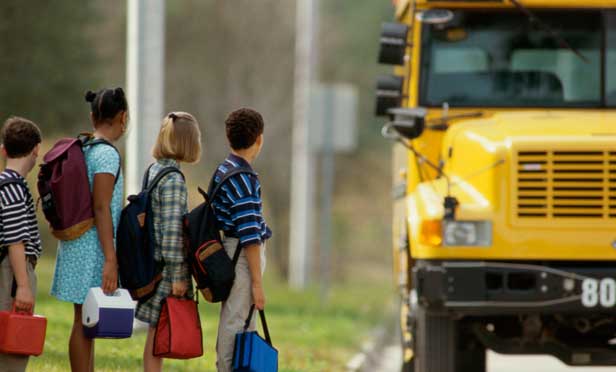
April 20, 2015 | The Legal Intelligencer
Legal Duties for Schools in Addressing Student-on-Student HarmsIn today's public-school environment, the definition of bullying is constantly evolving. From a legal perspective, what is bullying and what may not be bullying seem to be viewed on a highly situational basis, depending on many factual issues and further, often varied factual accounts of an event or a series of events.
By Megan E. Grossman and Kim N. Nguyen
8 minute read

April 20, 2015 | The Legal Intelligencer
Legal Duties for Schools in Addressing Student-on-Student HarmsIn today's public-school environment, the definition of bullying is constantly evolving. From a legal perspective, what is bullying and what may not be bullying seem to be viewed on a highly situational basis, depending on many factual issues and further, often varied factual accounts of an event or a series of events.
By Megan E. Grossman and Kim N. Nguyen
8 minute read
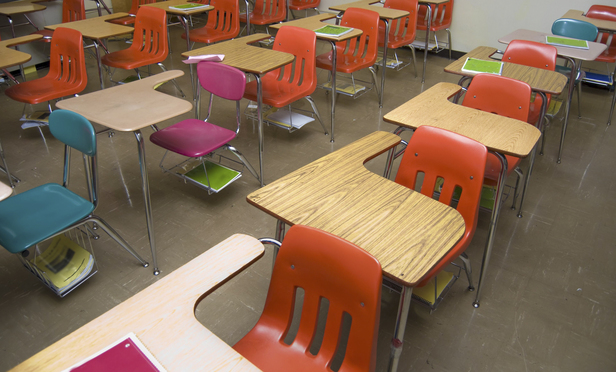
January 30, 2015 | The Legal Intelligencer
Seeking Recourse Under the IDEA After a School ClosureRecently, the news headlines have been filled with stories about funding for public education. The School District of Philadelphia is in the midst of financial woes. The York City School District is dealing with receivership and is considering a full conversion to charter schools. Numerous charter schools have closed suddenly, including Wakisha Charter School and Walter D. Palmer Leadership Learning Partners Charter School, or are on the brink of closure. If a public school at which a special-education-eligible student is enrolled closes, where do the parents turn to obtain appropriate education for their children?
By Megan E. Grossman
5 minute read
Trending Stories
- 1States Accuse Trump of Thwarting Court's Funding Restoration Order
- 2Microsoft Becomes Latest Tech Company to Face Claims of Stealing Marketing Commissions From Influencers
- 3Coral Gables Attorney Busted for Stalking Lawyer
- 4Trump's DOJ Delays Releasing Jan. 6 FBI Agents List Under Consent Order
- 5Securities Report Says That 2024 Settlements Passed a Total of $5.2B



